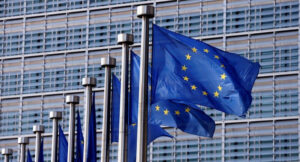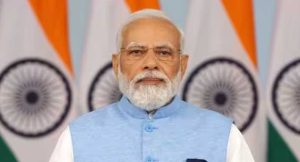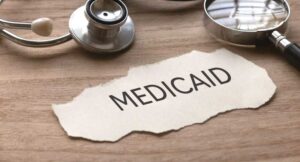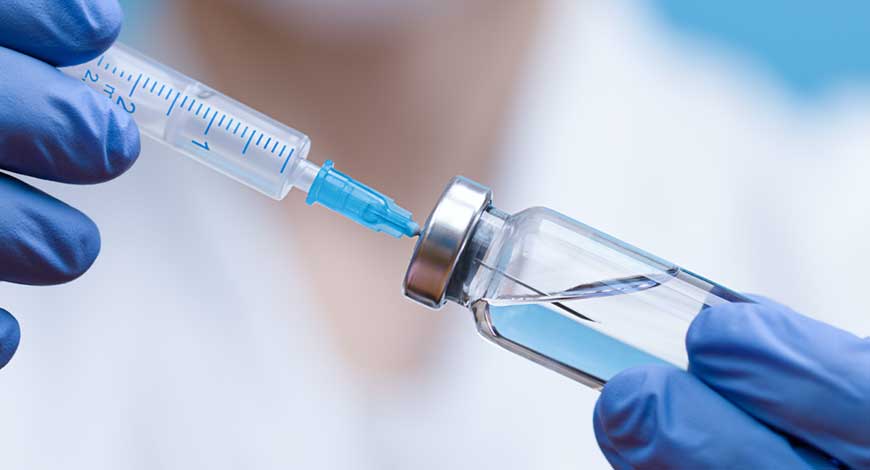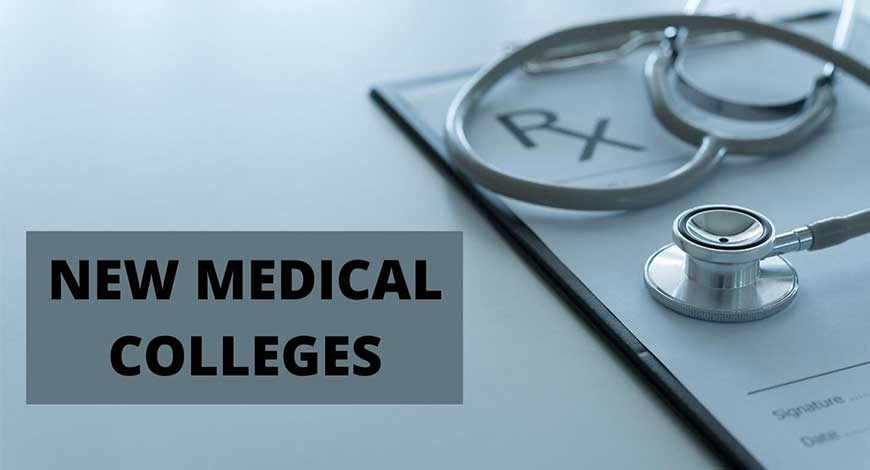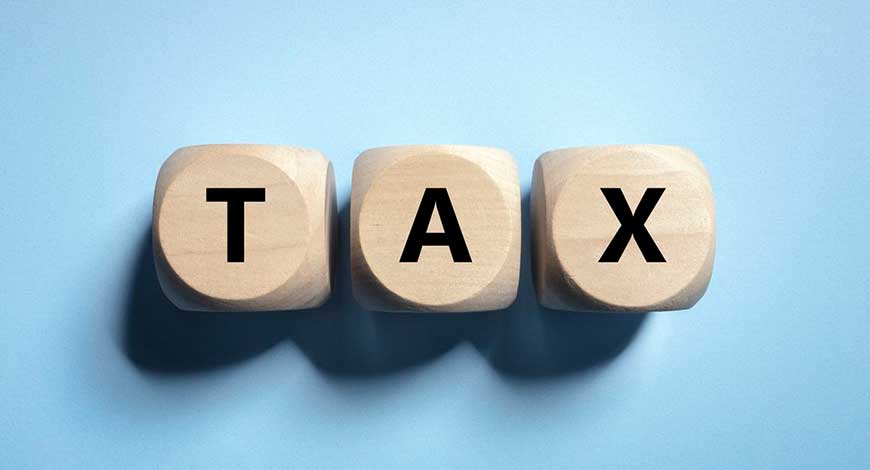India and the European Union (EU) on Monday started the next round of negotiations for the proposed free trade agreement (FTA), an official said.
After the 13th round of talks, European Commissioner for Trade Maros Sefcovic will visit India on September 12 to take stock of the progress of negotiations with Commerce and Industry Minister Piyush Goyal, the official said.
As there is a deadline to conclude the talks by the end of this year, this round of talks is important.
The 12th round of talks concluded in Brussels.
In June 2022, India and the 27-nation EU bloc resumed negotiations for a comprehensive FTA, an investment protection agreement and a pact on geographical indications after a gap of over eight years. It stalled in 2013 due to differences on the level of opening up of the markets.
On February 28, PM Narendra Modi and the European Commission president agreed to seal a much-awaited free trade deal by the end of this year.
Besides demanding significant duty cuts in automobiles and medical devices, the EU wants tax reduction in products like wine, spirits, meat, poultry, and a strong intellectual property regime.
Indian goods’ exports to the EU, such as ready-made garments, pharmaceuticals, steel, petroleum products, and electrical machinery, can become more competitive if the pact is concluded successfully.
The India-EU trade pact negotiations cover 23 policy areas or chapters, including trade in goods, trade in services, investment, sanitary and phytosanitary measures, technical barriers to trade, trade remedies, rules of origin, customs and trade facilitation, competition, trade defence, government procurement, dispute settlement, intellectual property rights, geographical indications, and sustainable development.
India’s bilateral trade in goods with the EU was USD 136.53 billion in 2024-25 (exports worth USD 75.85 billion and imports worth USD 60.68 billion), making it the largest trading partner for goods.
The EU market accounts for about 17 per cent of India’s total exports, while the EU’s exports to India make up 9 per cent of its total overseas shipments.
In addition, the bilateral trade in services, in 2023, between India and the EU was estimated at USD 51.45 billion. PTI
